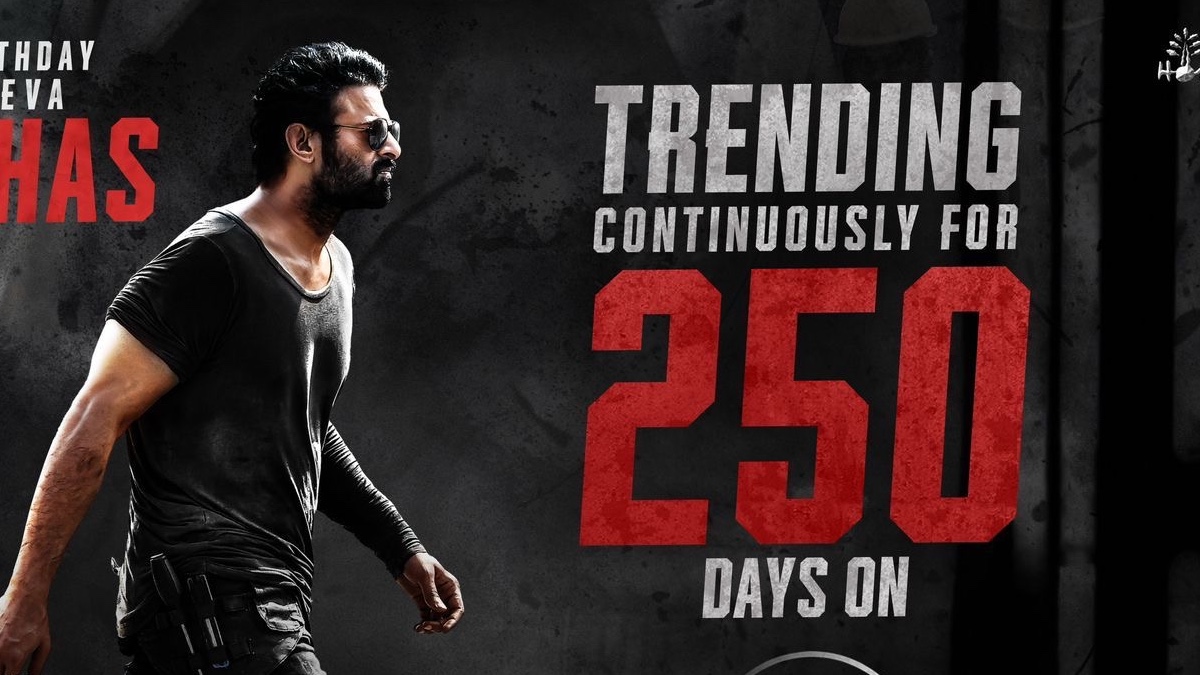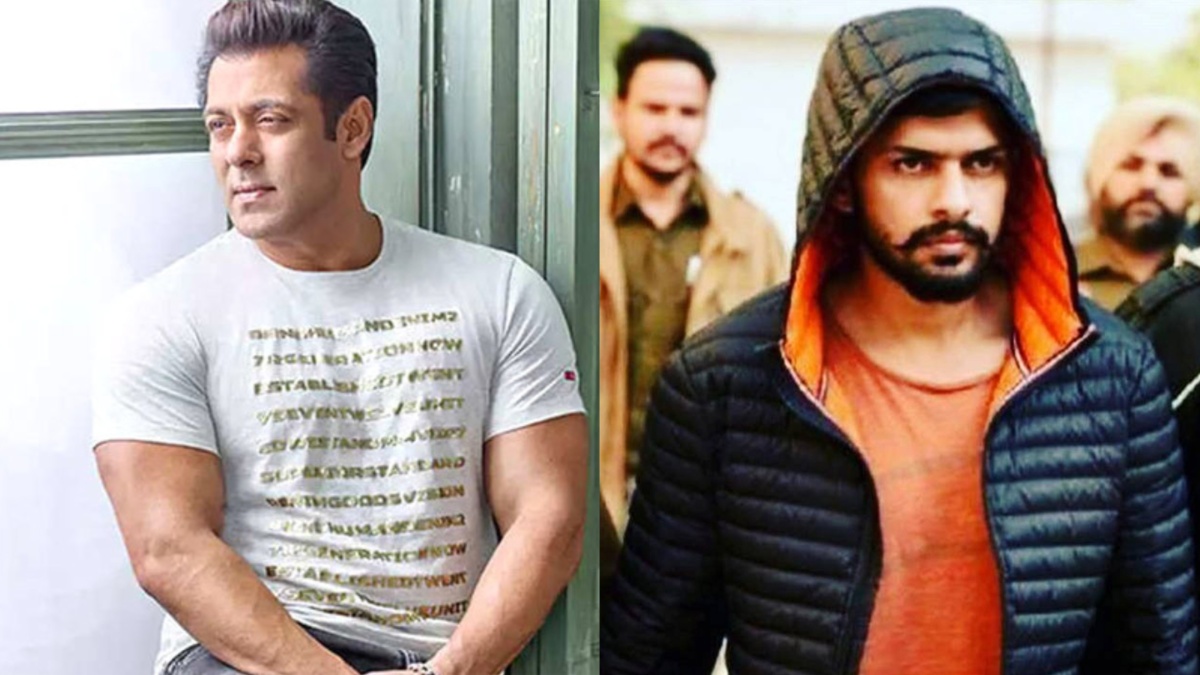The Grand Samara is Trisha’s 6th pool and is a homage to Georgette Heyer’s classic and wildly popular novel, The Grand Sophy read more
)
Trisha Das (sister of comedian & actor Vir Das) has just released her latest romcom fictional book titled ‘The Grand Samara’.
The Grand Samara is Trisha’s 6th pool and is a homage to Georgette Heyer’s classic and wildly popular novel, The Grand Sophy. The story of The Grand Samara is a bighearted romantic comedy about family and finding the perfect match set against the exuberant backdrop of contemporary Delhi. The book already released in the US to save reviews and the Indian release of the book just took place on 18th September.
In an exclusive interview with Firstpost, Das spoke about all of it.
Edited excerpts from the interview:
What are the responses that you have received for your latest book, The Grand Samara, so far?
Very, very good responses, I have to say so far. I was just putting up a post the other day, and I’ve got a lot of unputdownable. So I was counting my unputdownable, so that was nice. I’m getting a lot of good responses. I think people are finding the story engaging. It’s about family. It’s heartwarming. And everyone’s telling me that it’s funny. So so far so good. I’ve got good responses. I’m happy with that.
And where did the idea come from? What inspired you to make to write your book on this, on this subject?
Well, I’m an active and avid rom-com reader, romance reader in general. I’ve always loved romance. And I remember back in the day when I was out of college, I wanted to write romance. And I actually started writing a romcom when I was 21, on my dad’s desktop. And then after a 150 pages were finished, the desktop crashed. And because I was 21 and I was a kid, I hadn’t backed anything up. So I lost it, and, I got so put off by writing after that, that I didn’t attempt another rom-com for a very long time. So I think I’ve always loved them. I’ve always loved romance, and I thought it was time now. This book kind of came out of the pandemic. I was feeling low. Everyone around me was feeling low. I thought it’s nice to kind of put a happy book out there.
Which is the book that is closest to who you are as a person and why, out of all the books that you have written?
You know, everyone asks me that, like, which is the character that I most identify with. And, honestly, I feel like there are bits of me in every single character that I’ve ever written. If I were to identify with anyone, I would identify with the cranky old women in my books.
Whether it’s Shashi or it’s Biba in The Grand Samara. These are, like, old, you know, 70 year old women who don’t give a shit anymore, and they’re just brat tempered because they want to be. And I love those women. I find them the most interesting. And, I’m not like them a lot, but I feel like I want to be them when I grow up.
Also, we have seen so many books that have been adapted into movies, but, do you see anything like that happening when movies are adapted into books? Do you feel they will have takers like that?
Good question. Movies being adapted into books. I feel like there’s a lot of fan fiction written about some movies. People who want to dig deeper, like, the movie’s over, the series is over, but now you have, like, for example, Harry Potter. People have written alternate romances where Harry and Ginny end up together in books and stuff.
So there is definitely that genre of fan fiction. Do I think that mainstream movies could be adapted into books? Probably not just because the the financials are very different for movies and very different for books. So most movie people won’t think that it’s worth their time. But fan fiction is a thriving genre all over the world, and so I would love to see I’ll personally love fan fiction, and I would love to read more about movies that I love.
What are the challenges that you feel authors face in today’s times while writing a book or a novel or any piece of work?
It is getting people in the industry to read their work. It’s difficult getting published for the first time. It’s difficult knowing who to send your book to. And because all the people in publishing have such massive slash piles, the chances are you could just keep submitting your work to a 100 different people, but only one of them might actually end up reading it. And it could be a really, really good piece of work. But unfortunately, no one puts their eyes on it. So therefore, it never gets discovered.
And that is one of the unfortunate things about the industry. The other one being that money wise, a large part of what a book makes in traditional publishing doesn’t actually go to the author. But it’s business at the end of the day. So the more successful you are as an author, the more money I make, I guess.
And you spoke about your love for romcoms. Which are some of your most favorite romcoms, and what have you liked about them?
Oh, so many. I mean, I could go way back all the way back to Jane Austen in the 1800s and tell you that she was the mother of romcoms. She’s basically like a personal god to me. She started this whole genre of boy meets girl comedy, all the social stuff that goes around them, families and friends and parties and picnics and, that whole world of romcoms that usually are featured in books these days, whether it’s Jane Austen or it’s Georgette Heyer, she is actually one of my favorite authors. I have every single book that she’s ever published. And The Grand Samara is actually my own homage to her to her very popular book.
It’s called the Grand Sophy. So that’s why I named it after after that book as well. And Hrishikesh Mukherjee films. Like Khoobsurat and Bawarchi, or even Chupke Chupke, those kinds of romances, funny romances which involve family, which involve, good clean-cut kind of 2 people falling in love or 2 couples or 3 couples falling in love. And you have the mother in laws and the mothers and the uncles and the sister. And everyone has their own spin and their own story. So I love those kinds of romances.
What do you have to say about the romances that Hindi cinema made in the nineties? You know? Those Switzerland, those chiffon sarees, the Yash Chopra’s. Are you able to relate to those characters because they are sometimes considered to be far fetched?
I think in the nineties, you know, because our country was coming out of, sort of the era that it was in, and it was becoming more open to the outside world. I think all of us were curious about Switzerland or Europe or and so I think those films, they had a purpose, and I think they performed them very well. So they were fantasies, and I think a lot of us sitting in India really love those fantasies. I love those films for the time that they were released in.
You know, they were right for that time. Obviously, now if I watch those films, they seem a bit outdated and a bit ludicrous. But back then, I loved them. I mean, I watched Dilwale Dulhania Le Jayenge about 50 times when it was released.
Working as an Entertainment journalist for over five years, covering stories, reporting, and interviewing various film personalities of the film industry see more

 2 weeks ago
8
2 weeks ago
8
)
)
)
)
)
)
)
)
)
)
)
)
)
)
)
)
)
)
)
)
)
)
)
)
)
 English (US) ·
English (US) ·